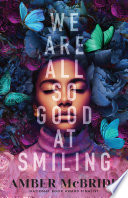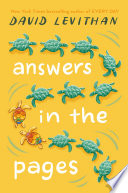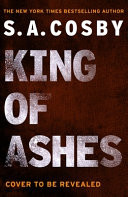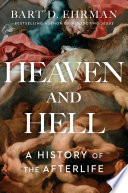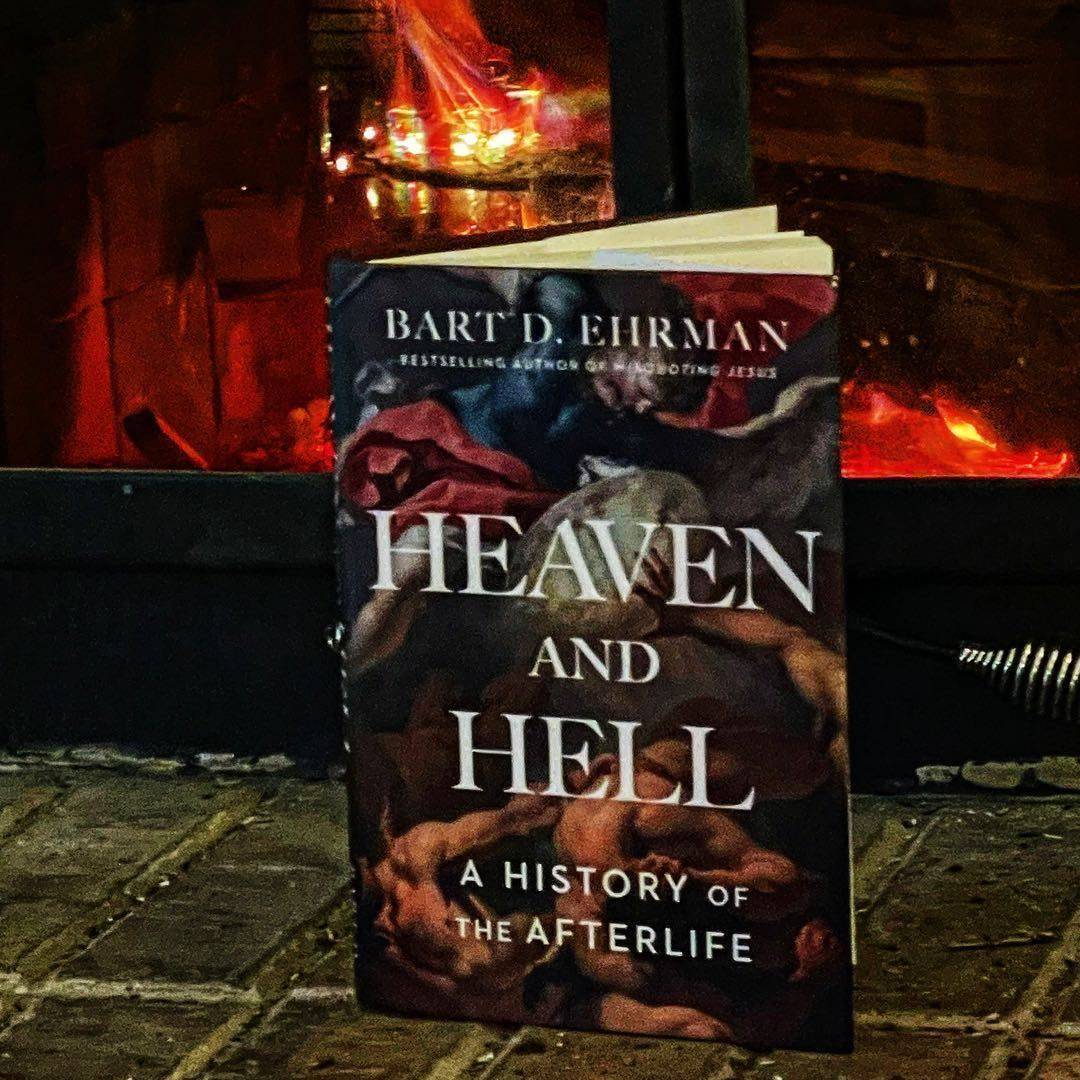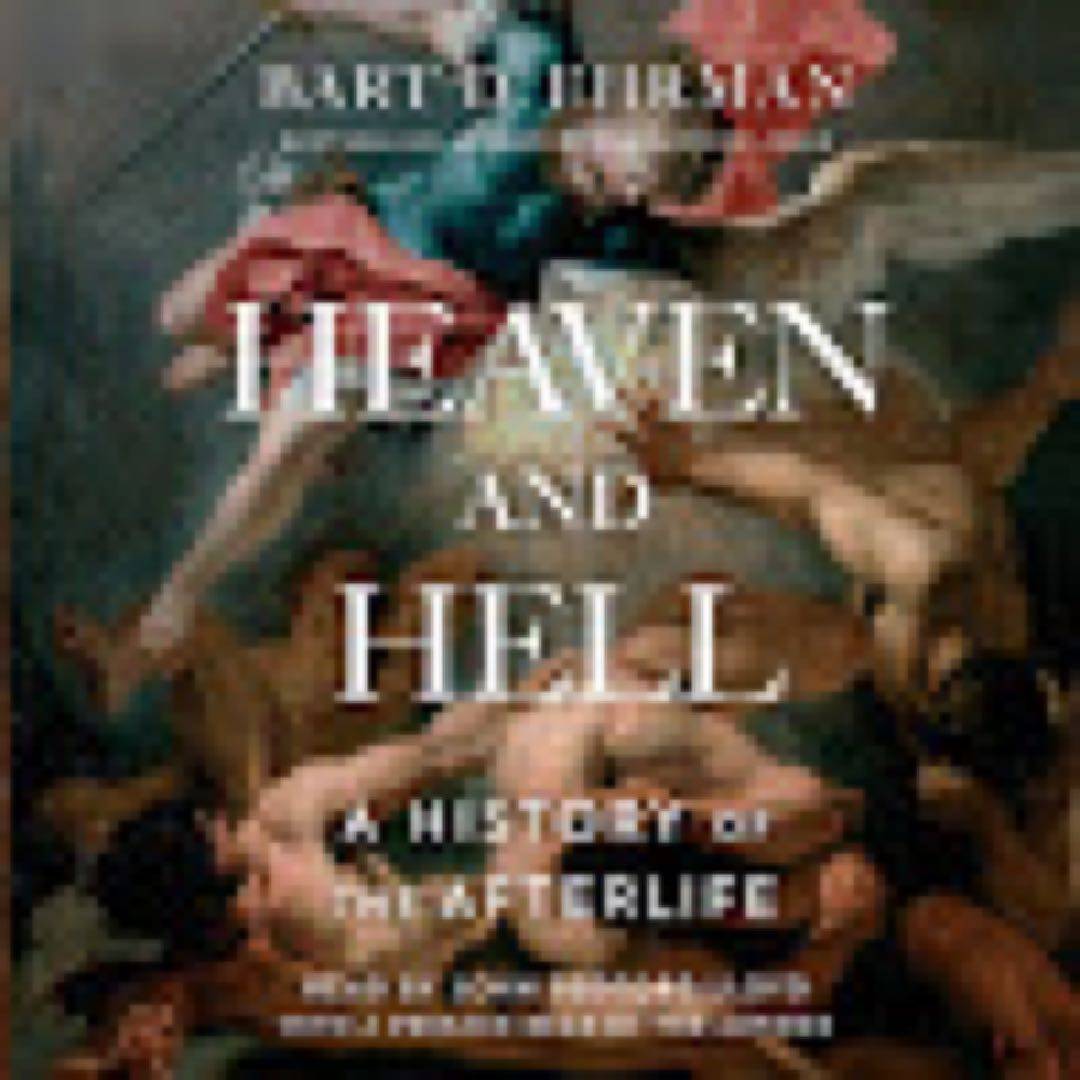It‘s an interesting examination of how Christianity developed some of its most abhorrent ideas about the afterlife. It‘s difficult to say that people that believe these things are actually good people because they are worshiping a monstrously cruel deity for personal benefits.







